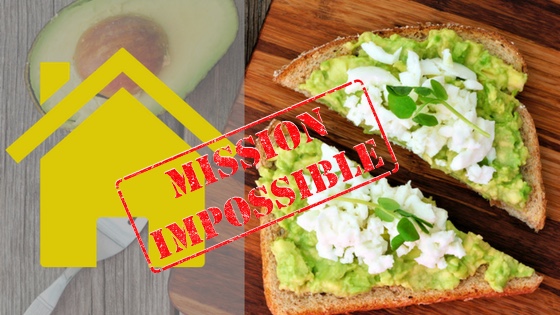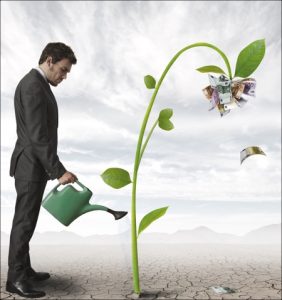Another day, and another report that Sydney’s property market is one of the most expensive in the world.
Of course, the media tends to focus on the prices themselves because all those zeros make it seem more dramatic. But if you’re a new home owner, or simply trying to get into Sydney’s property market, there are three other cycles you need to think about.
1. The Deposit Cycle
For anyone buying their first home, the advice has always been to save enough money for a 20% deposit and then start looking at houses. Unfortunately, that advice is quickly becoming outdated.
While property prices are at an all-time high, wage growth is at a historic low. And that gap has been widening for many years. So the longer you save for a deposit on your first home, the higher that deposit will need to be. By waiting, you are effectively moving further away from your goal of getting a foothold in Sydney’s property market.
2. The Debt Cycle
One way you can bypass the deposit cycle is to ask your parents if they’ll pledge their own home as equity to cover your 20% deposit. It can be quite an effective way of getting into the property market. But keep in mind that your starting debt will be higher, and that it will take longer to pay off.
A lot longer.
Thanks to compound interest, most of your monthly mortgage repayments will be eaten up by interest. Only a fraction of the money will go towards paying off the principle. And so over the life of the loan, and especially at the beginning, you’ll be committed to paying mortgage interest to the bank—just the way they like it.
3. Economic Cycle
Naturally, putting more of your disposable income towards your mortgage means you’ll have less to spend on other things. But while you may need to tighten your financial belt a couple of notches it’s no big deal, right?
Unfortunately, having thousands of people tightening their financial belts means there will be less spending on those discretionary items that keep our economy moving. And a slow economy creates a whole new set of problems.
The client experience
It’s interesting to see how these three cycles have played out with our clients who want to help their children in 10–20 years’ time.
One thing’s for sure: Their goal of “looking after the children” has become “helping the children get into Sydney’s property market”. A lot of them are concerned that the only way their children could afford to live in Sydney is by becoming lifetime renters.
As we said earlier, taking the time to build up that 20% deposit no longer seems worth the effort. And the tax system is not only subsidising investors for making a loss on as many properties as their cash flow will bear, but also offering discounts on profits at the time of sale.
So why would you try to earn more in a low wage environment when you can speculate in property instead?
Maybe the media got it right. Maybe the solution is as simple as buying fewer smashed avocados and putting the money into savings.
Let’s see. The average dwelling price in Sydney is $780,000, and my local café charges $15 for its smashed avocado. Maybe we just need to reframe how to save.
“You’re only 52,000 smashed avocados away from financial freedom. How hard can it be?”
Want to talk about possible options for getting your kids into Sydney’s property market? Get in touch with us, and let’s see if we can make it happen a little sooner—and a little easier.



